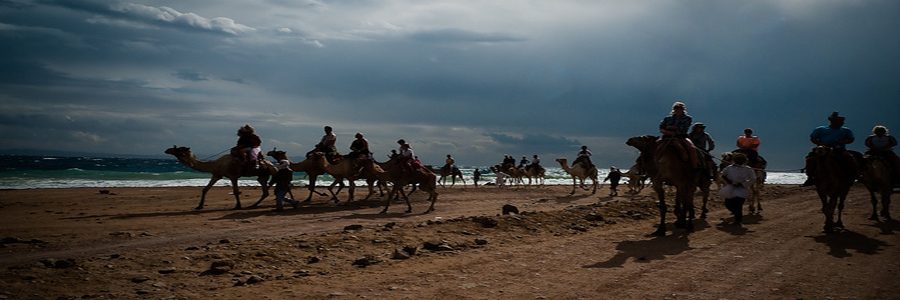Highlights
- In 2017, WFP reached around 2.7 million beneficiaries through a variety of activities. Of this, more than 2.6 million people were supported under the Country Programme, while over 78,000 refugees and vulnerable host community members were assisted under the Regional Protracted Relief and Recovery Operation.
- The Government of Egypt requested WFP’s support to conduct a field mission to assess the storage conditions in all public schools that WFP supports. Over the last two weeks of January, WFP staff have participated in the assessments and provided technical support to government partner teams.
WFP Assistance
WFP’s operations in Egypt aim to save lives and protect livelihoods, enhance access to education and combat child labour through food assistance. WFP’s activities also aim to build sustainable and durable resilience of vulnerable groups.
WFP Egypt provides food assistance in the form of locally produced school snacks in public and community schools in 16 governorates. Conditional incentives are provided in the form of monthly take-home entitlements of rice and fortified vegetable oil or cash-based transfer (CBT) to the (most) vulnerable families of children whose school attendance reaches 80 percent or more.
As part of enhancing access of children to school and creating a conducive learning and teaching environment, WFP, in coordination with the Ministry of Education and Directorates of Education, supports the physical upgrading of community schools. Since the project started in 2014, 576 schools were rehabilitated.
Moreover, WFP provides training to teachers to improve their capacities and enhance their roles in creating an attractive learning environment which helps reduce dropout rates. As of January 2018, 7,319 teachers were trained.
WFP’s Food Assistance for Assets supports vulnerable communities through the provision of training on agriculture, literacy, wealth, and nutrition, as well as handicraft production, hygiene, and veterinary care. Rural women are particularly vulnerable as they are less likely to have access to basic education or to literacy programmes due to limited income sources of their own. Accordingly, WFP specifically targets women through the implementation of the ‘Get Ahead for Women in Enterprise’ training to help them design, implement and manage income-generating activities. As of January, 36,189 women were trained, a total 2,688 mothers have received revolving micro-loans in the four governorates of Assiut, Aswan, Sohag, Luxor, Sharqia and Beni Suef as of January 2018.
Through its climate change activities, WFP aims to enhance livelihoods and build community resilience to the effects of extreme weather shocks. Activities include physical asset creation, community empowerment, and skills enhancement including vegetables and fruits plantation, pest control, as well as food storage and handling.
WFP also supports Syrian refugees and Palestinian refugees from Syria through monthly CBT entitlements in the form of food vouchers. In January, WFP supported up to 88,200 targeted vulnerable refugees out of the total 126,688 refugees currently officially registered by UNHCR.
Original source and full report: WFP
Published on 31 January 2018

